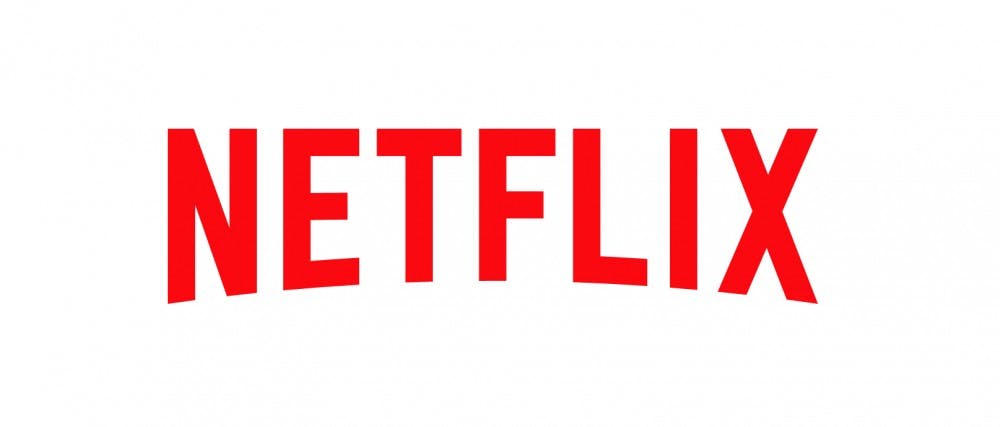Imagine walking into a supermarket to buy paper towels, but to buy those paper towels, you also have to buy toothpicks, an oil filter, nail clippers and a DVD.
So, you try to purchase this package, but you’re told that in order to do so, you must also buy the package that includes a pair of size 42 jeans, a bottle of maple syrup, two cans of root beer and some aspirin. Suddenly, a small purchase for paper towels costs you $75.
This is the cable industry.
Many cable and satellite television companies sell their channels in packages, and those packages are tiered — meaning you can’t purchase one without purchasing those below it. Making customers buy more than one channel at a time is understandable; if channels were sold one at a time, television providers would pay millions in wiring and infrastructure in a metropolis, only for most of their customers to purchase 10 channels or fewer.
But the practice has gone too far.
As frustrating as it is, the phenomenon can be blamed as much on the cable and satellite companies as it can be blamed on the consumers who have supported it for decades. Fortunately for the consumers’ sake, millennials could be the first to change it.
We’re the Netflix generation. Online streaming services have become a staple of finals week and spring break alike, and the Internet is slowly peeling eyeballs away from the traditional methods of consuming our favorite programming. In addition to being convenient, these services are also quite cheap, as they require far less infrastructure than a cable or satellite provider.
The Federal Trade Commission Act created the Federal Trade Commission (FTC), but it also allows the FTC to “prevent … unfair or deceptive acts or practices in affecting commerce,” and to “prescribe trade regulation rules, … acts or practices that are unfair or deceptive.”
It would, of course, be up to a court to determine whether handcuffing consumers into purchasing products they don’t want to get a product they do want is unfair. However, it may not matter.
If young people who are living on their own for the first time elect to stick with Netflix and Hulu instead of shelling out the big bucks for a thousand channels — 950 of which they don’t care about — then TV providers may have to find a new way of doing business.
Sports television — and other live programming — makes this all the more complicated. Television revenue is responsible for an enormous portion of the money in sports, and the American consumer may still be forced to pay that burden, even if it comes through Internet streaming instead of a large dish on my back porch.
Still, sports streaming services like MLB.tv or NHL Gamecenter could be the answer to these problems, even if they currently blackout your local teams. Getting sports networks to sell their broadcast rights to a streaming service — instead of a cable or satellite company – could be the golden ticket in completely re-constructing the way Americans consume their television.
Until then, I’ll probably be paying a pretty penny for the three channels I regularly watch on cable.
Related links:
10 movies to make your next "Netflix and Chill" session the best one yet
Netflix alternatives: "Project Almanac," "Song of the Sea"
Reach the columnist at matt.layman@asu.edu or follow @Mattjlayman on Twitter.
Editor’s note: The opinions presented in this column are the author’s and do not imply any endorsement from The State Press or its editors.
Want to join the conversation? Send an email to opiniondesk.statepress@gmail.com. Keep letters under 300 words and be sure to include your university affiliation. Anonymity will not be granted.
Like The State Press on Facebook and follow @statepress on Twitter.




